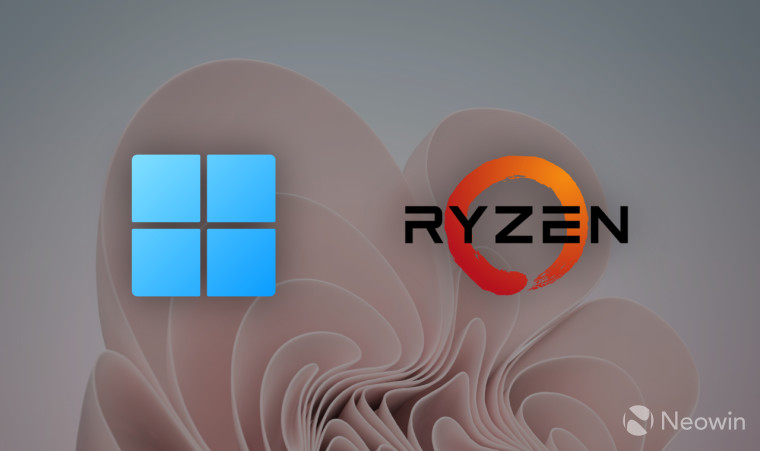[ad_1]

Since July, we’ve been covering a series of benchmarks testing the responsiveness and speed of Intel’s new processors in Windows 10 and Windows 11 compared to some of the older parts.
While it’s no surprise that Intel’s 13th/12th generation SKUs are easily able to outperform their 10th generation counterparts in benchmarks that typically measure processor throughput and maximum capabilities, the idea behind these tests was to quantify the processors’ responsiveness or speed. in the daily activities of the personal computer. (On a related note, antivirus apps can also slow down certain aspects of your PC, as noted by AV-TEST in its latest report.)
In conclusion, an older part of Intel’s 10th generation Intel Core i9-10850K was pitted against a much newer part of 13th generation Core i9-13900K, and interestingly, the former proved to be more responsive than the latter, especially when it was on Windows 10. It may be That the difference is not that noticeable if you don’t notice, the research indicates that it is definitely measurable, and in some cases, the difference can also be perceived quite easily. It is likely that the architectural decisions related to the I/O driver may be to blame.
Additional tests involving only the 10th generation chip were conducted on both Microsoft operating systems, namely Windows 10 and Windows 11, to see if the differences were only due to the lack of optimization for Windows 10 on 12th Generation Alder Lake and newer processors. .
Perhaps to no one’s surprise, it seems that Windows 11 did come out as a less responsive and less stable operating system than its predecessor. To see how AMD’s Ryzen would fare in some of these conditions, a Zen 4-based Ryzen 7950X was added to the mix this time.
To AMD’s credit, the chip looks a lot better than Intel’s new processors, as it can generally keep up with the 10th generation Comet Lake. The only real loss was seen in the case of the DPC (Deferred procedure call) delay test, although it was still faster than the 13th chip.

In the rest of the tests (pictures below – click to enlarge), which consist of drag and drop, searching for music in the taskbar and opening MP3 music files, the Ryzen 7000 compares well against the older Intel, leaving the new 13th generation 13900K in the dust most of the time, even though the processors Intel 12th generation and newer are “optimized for Windows 11”.
Head over to this article to compare and contrast with Windows 10 data. The full video can be viewed on the Tech YES City YouTube channel at the source link below.
Source and photos: Tech YES City (YouTube)
[ad_2]